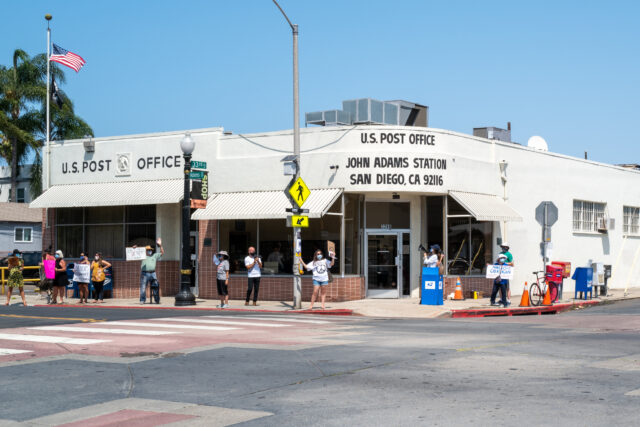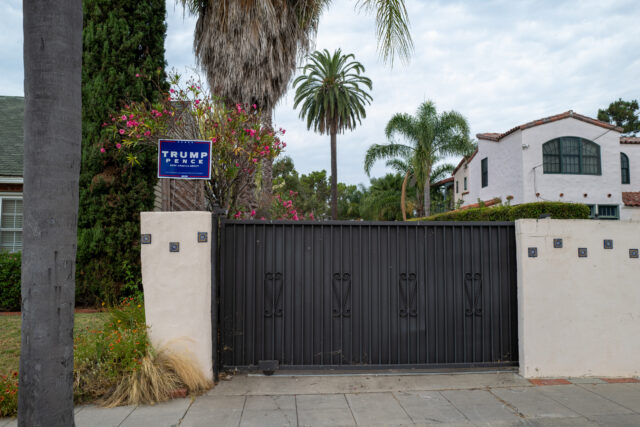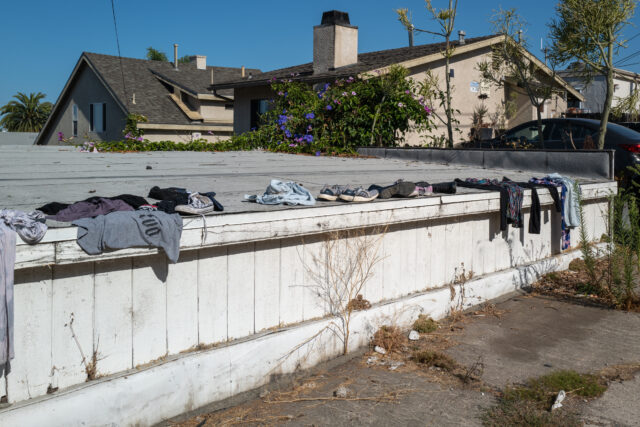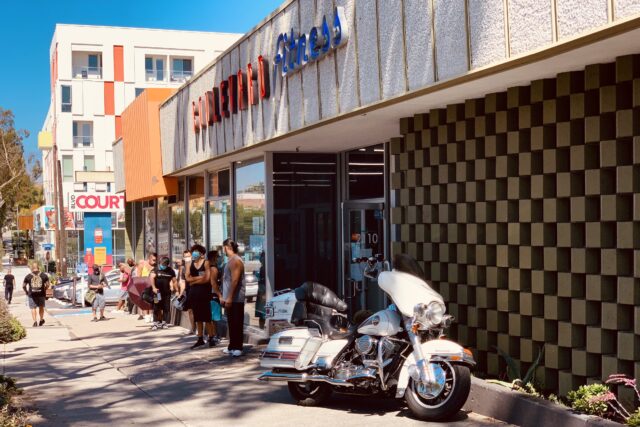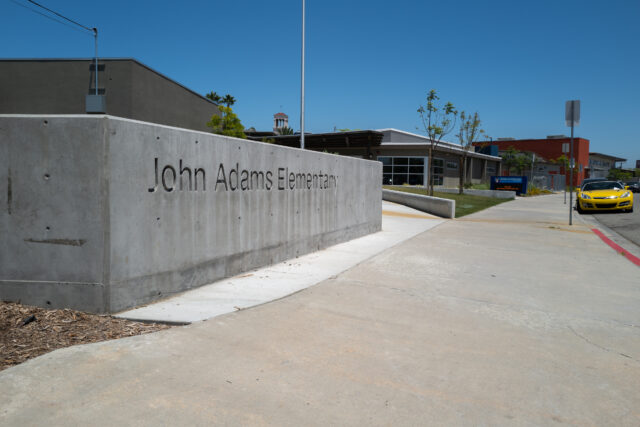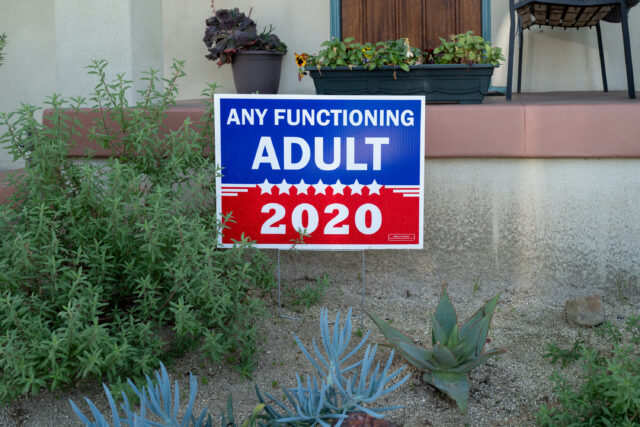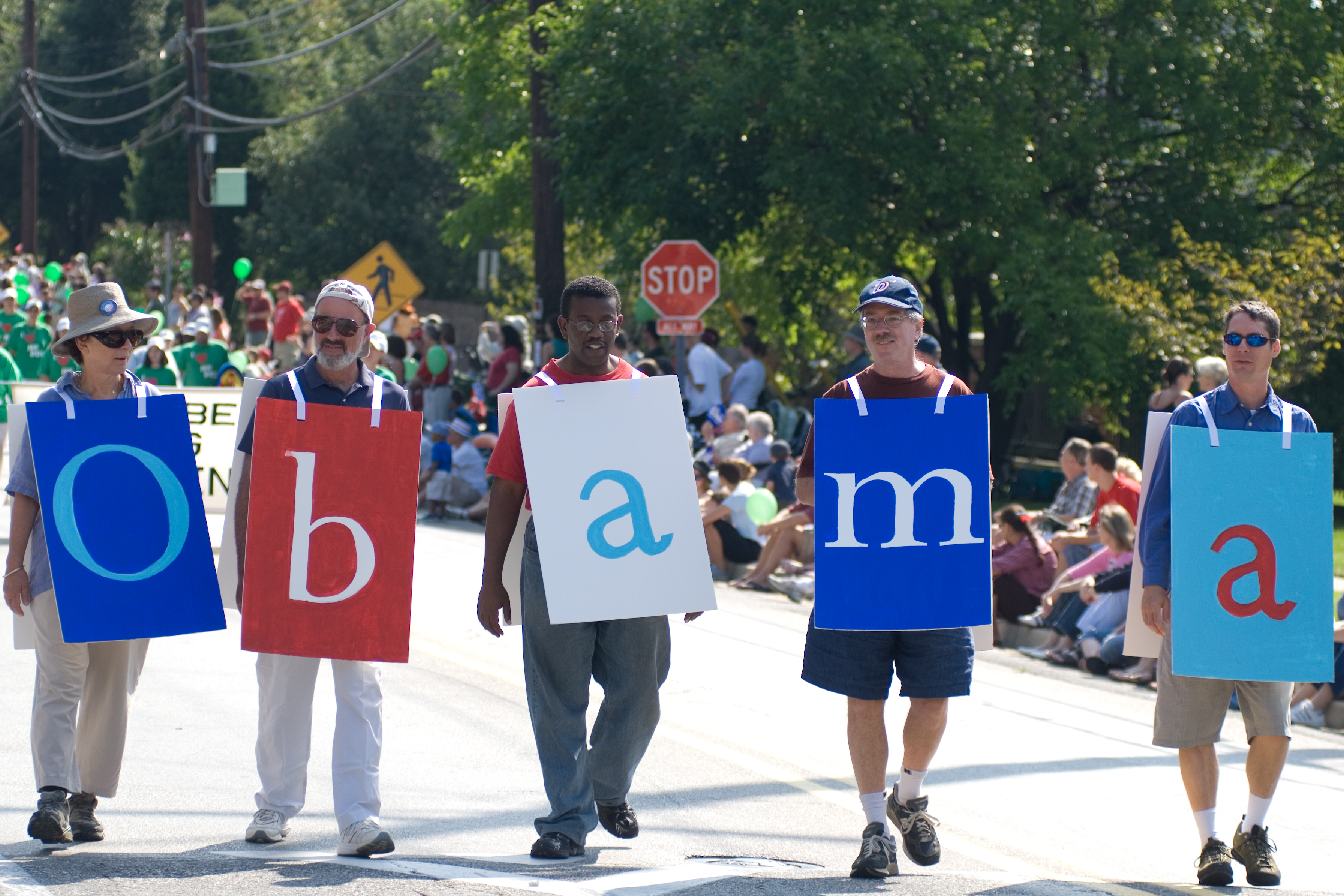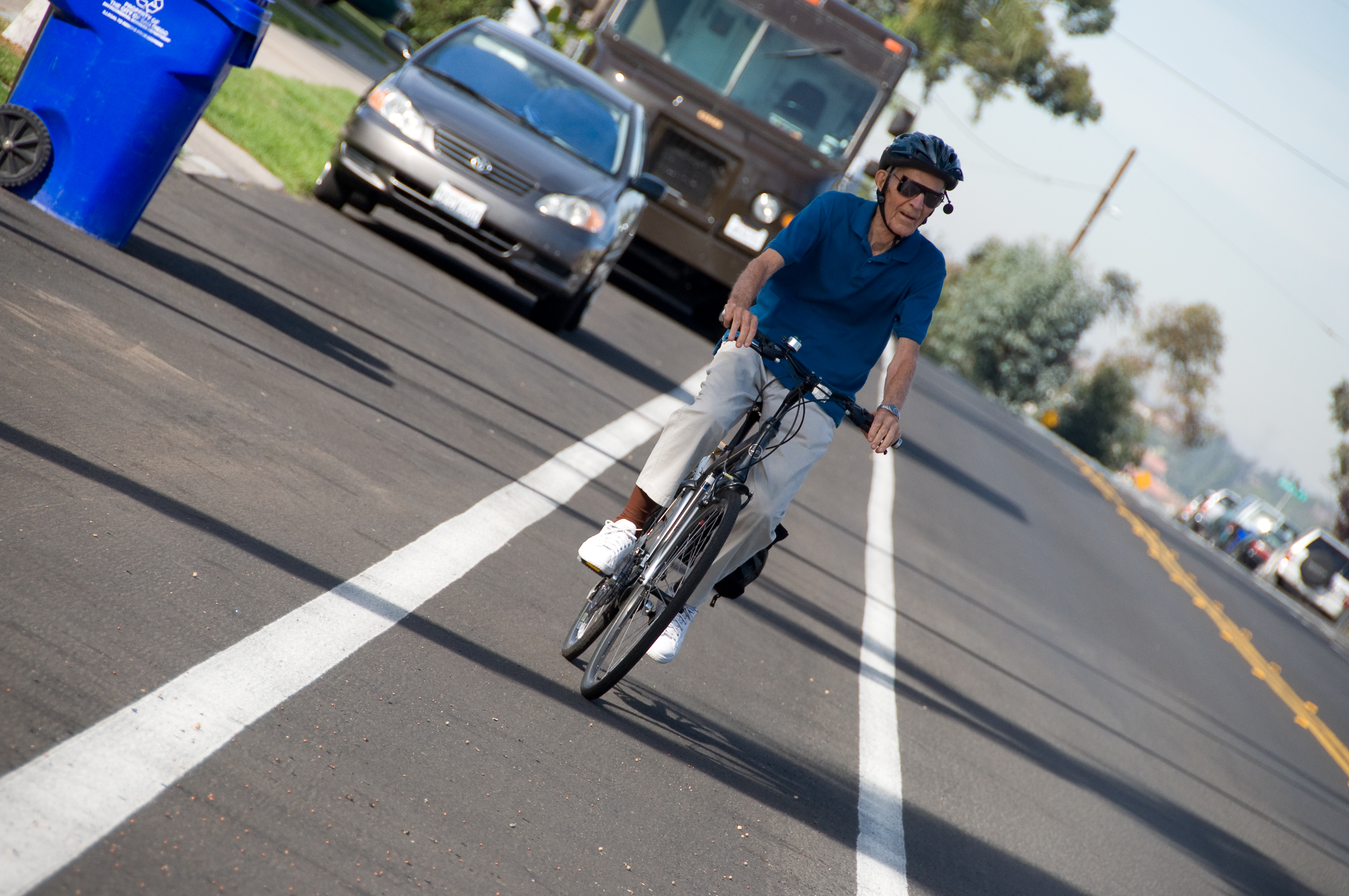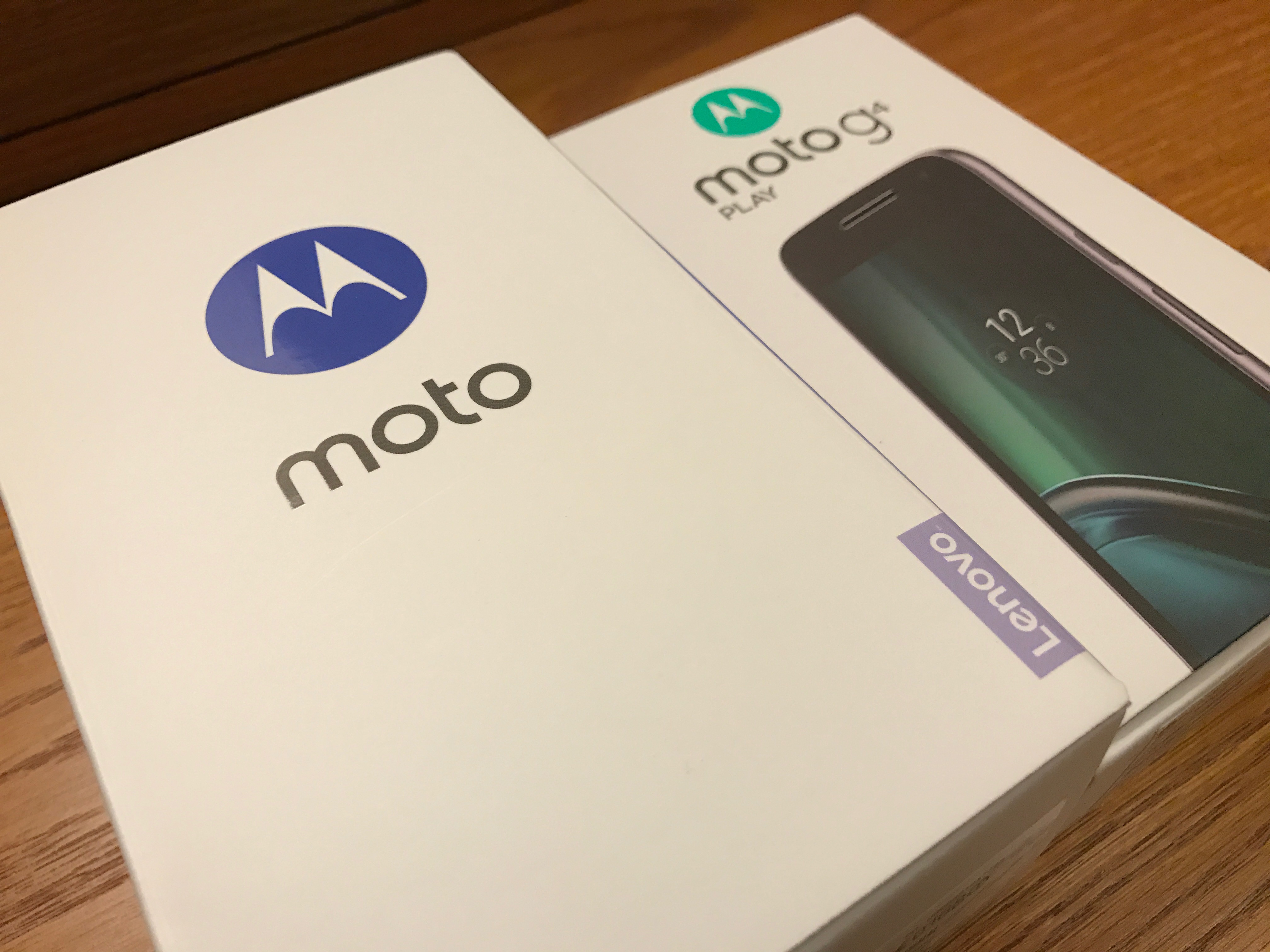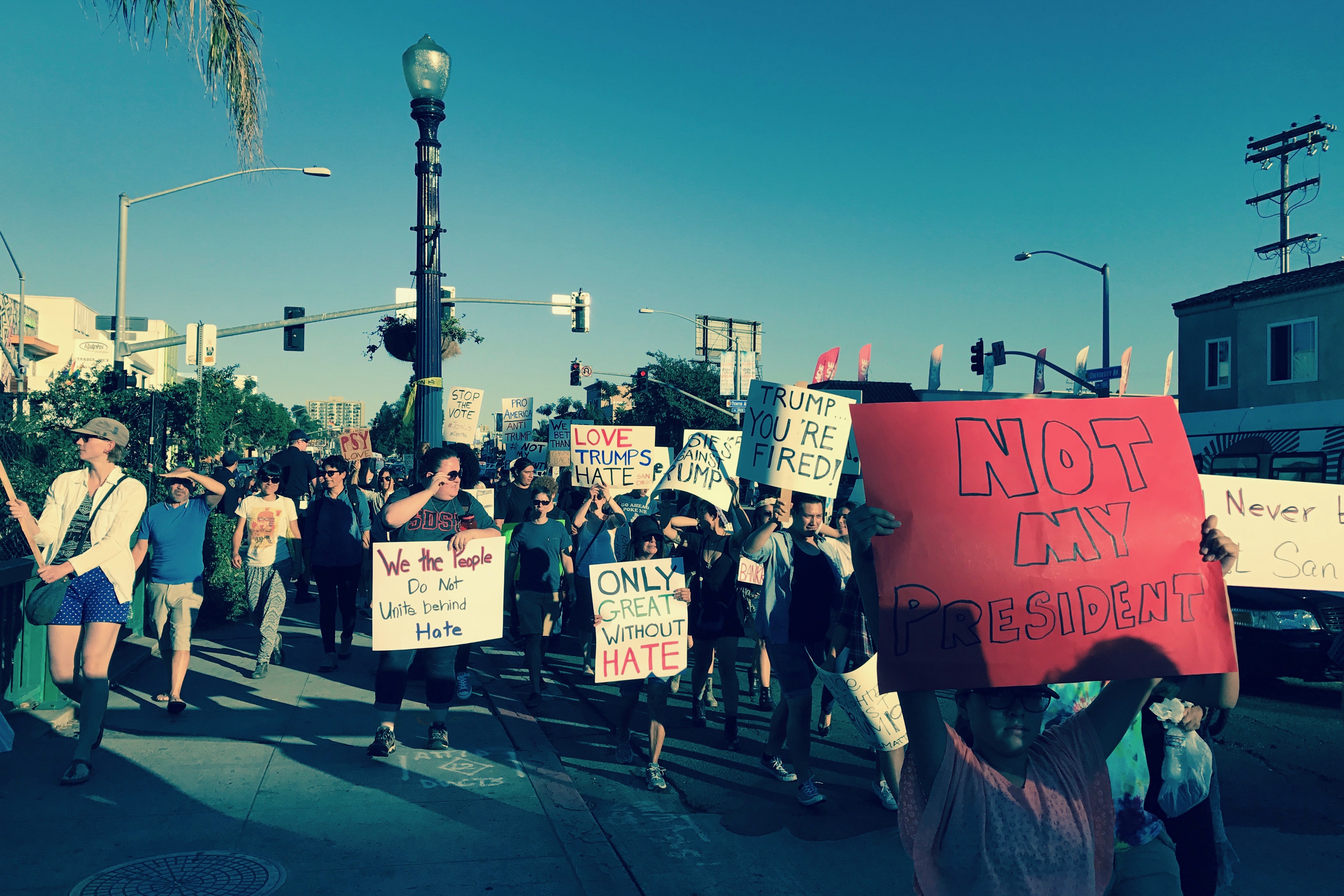Among Americans, few institutions, and the services provided, are as meaningful as the United States Post Office. The Second Continental Congress created the U.S. postal system on July 26, 1775—nearly a year before the Colonies formally declared national independence from Britain—and chose Benjamin Franklin as the first postmaster general. Living generations, even the youngest among them, share some emotional experience from receiving, or sending, mail. The card from grandma is a tangible expression of her love for you. Delivery of an online-ordered package—and every other one before it—is a moment of anticipation and joy. Feelings about the mail are entrenched, and within our society they are universally shared.
We put faith in the Post Office and its capacity to deliver our mail. But now, Democrat politicians and their supporters assert that our faith is misplaced—that we cannot trust the USPS, because the Trump Administration conspired to disrupt postal operations to tamper with this year’s Presidential election. The allegations exploded like a supernova—seemingly from invisibility—not long after the President raised concerns that universal mail-in ballot initiatives, like the one here in California, would lead to voter fraud. Trump’s Democrat rivals assert that cost-cutting streamlining of postal operations and recent slowdown of mail processing are evidence of his interference to steal your vote.
It’s non sequitur. One thing has little to do with the other. Donald Trump is a longstanding critic of the USPS as it exists today—way before the brouhaha about mail-in ballots—and there are legitimate concerns that existing postal logistical capabilities and various states’ voting rules will lead to electoral chaos. But as a political maneuver, Democrats have whacked a hornet’s nest of emotional attachment to mail that already stings the President.
